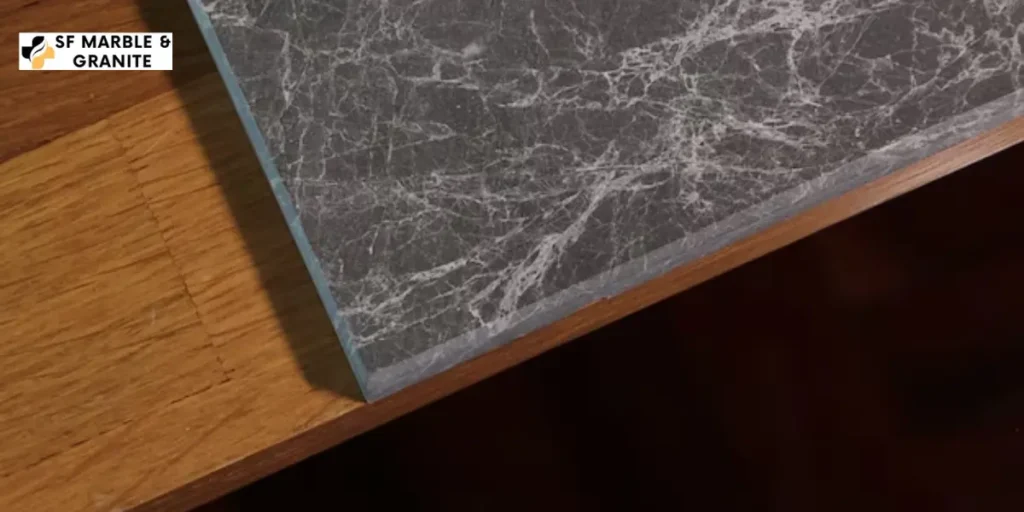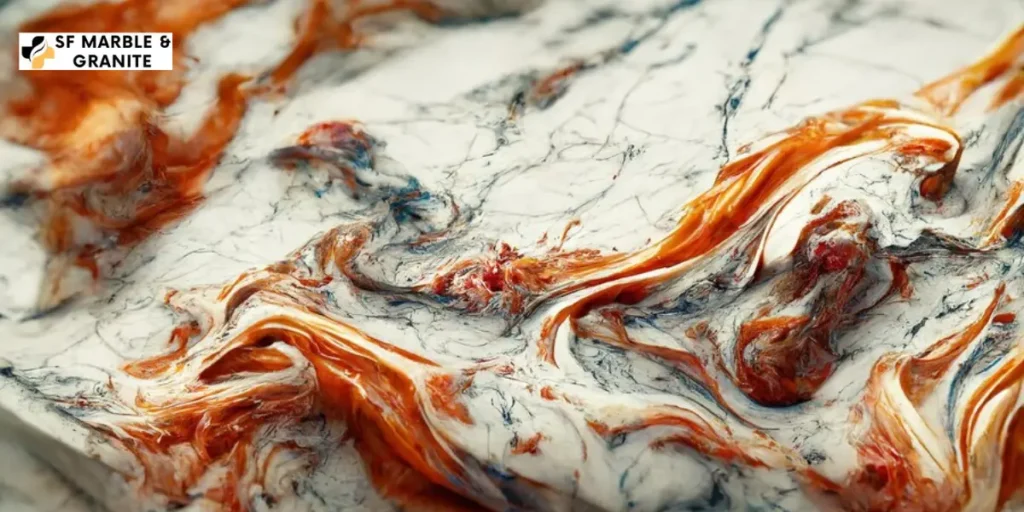In the realm of interior design and construction, cultured marble has emerged as a versatile and cost-effective material choice for various applications. Whether you’re considering it for a modern marble bathroom remodel or exploring options for kitchen countertops, understanding what this type of marble entails can guide your decision-making process effectively. This comprehensive guide delves into everything you need to know about cultured marble, including its composition, advantages over natural stone, practical applications, and more.
What is Cultured Marble?

Cultured marble is a man-made material that combines natural marble stone particles with synthetic materials, such as resins and pigments, to create a durable and aesthetically pleasing product. The process involves molding and casting to achieve a wide range of shapes and sizes, making it highly adaptable for different architectural and design needs. Unlike natural marble, which is quarried and then cut into slabs, it is manufactured in a controlled environment, allowing for consistency in color and pattern.
Difference Between Real and Cultured Marble
While natural marble is prized for its unique veining and organic patterns, it offers several distinct advantages. It is typically more affordable and easier to maintain than natural stone. It can mimic the look of high-end materials like marble and granite while offering greater flexibility in design and installation.
Where to Use Cultured Marble?

This type of marble finds widespread use in various residential and commercial applications:
Shower Walls
Cultured Marble shower walls provide a seamless and luxurious appearance, enhancing the aesthetic appeal of any bathroom. The material’s non-porous surface makes it resistant to mold and mildew, ideal for wet environments.
White Cultured Marble in Bathroom Vanities
This is a popular choice for bathroom vanities and countertops due to its clean and timeless appearance. It brightens up spaces and complements a wide range of interior styles.
Shower Pan
Cultured marble shower pan offers durability and ease of maintenance. Its smooth surface prevents water buildup and ensures long-lasting performance.
Sink
Cultured Marble sinks are integrated seamlessly into countertops, creating a sleek and unified look. They are available in various shapes and sizes to accommodate different design preferences.
Cultured Marble Tub Surround
Enhance your bathroom with a tub surround, which combines elegance with practicality. It provides a cohesive design element and simplifies cleaning and upkeep.
What are the Benefits of Cultured Marble?
Affordability
It is more cost-effective than natural stone, making it an attractive option for budget-conscious projects without compromising on quality or style.
Versatility
With a wide range of colors, patterns, and textures available, it can complement any design scheme, from traditional to contemporary.
Durability
The combination of marble dust and resin creates a resilient surface that is resistant to scratches, stains, and chipping, ensuring longevity and ease of maintenance.
Easy Installation
This type of marble products are manufactured to precise measurements, facilitating straightforward installation processes and reducing labor costs.
Daily Maintenance and Preventive Cleaning Tips
Maintaining marble involves simple yet effective cleaning routines to preserve its beauty and durability over time. Here’s a guide to maintenance and preventive cleaning practices for cultured marble surfaces:
Daily Maintenance Tips
Regular Wiping
Use a soft cloth or sponge and a mild, non-abrasive cleaner to wipe down its surfaces daily. This helps remove any dust, dirt, or residues that can accumulate.
Avoid Abrasive Cleaners
Harsh cleaners or abrasive materials like steel wool should be avoided as they can scratch the surface of marble.
Dry Thoroughly
After cleaning, ensure the surface is dried thoroughly with a clean cloth to prevent water spots and streaks.
Preventive Cleaning Tips
Routine Cleaning
Regularly clean surfaces with a pH-neutral cleaner or a mild soap solution. This helps prevent the buildup of soap scum and mineral deposits.
Stain Removal
Address stains promptly using a non-abrasive cleaner suitable for marble. For tough stains, a mixture of baking soda and water can be gently rubbed onto the stain before rinsing.
Avoid Harsh Chemicals
Refrain from using acidic cleaners (eg vinegar or lemon juice) or abrasive cleaners (e.g scouring powders) on marble, as these can damage the surface.
Contact Us for Installation Services
If you’re interested in professional installation services for cultured marble products from SF Marble Granite, please feel free to get in touch with us. You can contact us via email at sfmarbleangranite@gmail.com, visit us at 755 Dutton St., Lowell, MA 01854, or give us a call at 978-459-5823. Our team is ready to assist you in transforming your spaces with quality craftsmanship and expertise.

